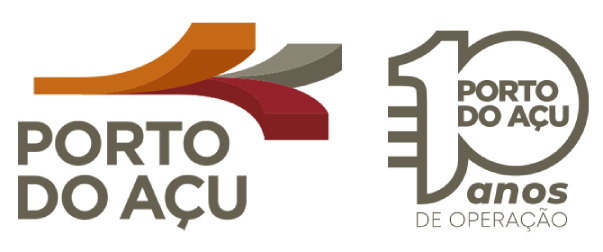Those who have not yet attended the release of marine turtles this summer have two more chances to check out this activity that has attracted about 2,000 people to local beaches. The releases are organized by the Port of Açu, in partnership with the Tamar Project and the city governments of São João da Barra and Campos. The closing activity in São João da Barra will take place tomorrow, when residents and tourists may attend a lecture at the Science Space, followed by the release of hatchlings, starting at 4pm at the Atafona beach center. In Campos, the closing activity is scheduled for Saturday at 9am, across from the booth set up by the Environment Secretariat. Adding up the two towns, there will be 10 releases that are open to the community this year.
The initiative is part of the Port of Açu’s Sustainability efforts and seeks to encourage people to adopt good environmental practices. During such activities, the company also has the opportunity to present to the population its Marine Turtle Monitoring Program, created by the enterprise in 2008. Every day, monitors cover 62 km (38 miles) of shoreline, registering all events related to the turtles. Monitoring efforts range from Pontal de Atafona, in São João da Barra, to Barra do Furado, in Campos dos Goytacazes. During mating season, which goes from September until March, the team is tasked with locating nests, identifying them and keeping track of them until hatchlings are born. Since the current spawning season began, the program registered the birth of about 40,000 hatchlings.
_IPN8192.jpgDaniel Nascimento, Environment Coordinator of the Port of Açu, celebrates the results of this year’s actions. “We are very pleased with the reach of our release activities. Bringing awareness to about 2,000 people about the importance of environmental preservation actually means reaching a much larger number because they certainly wish to pass along everything that they learned,” he said.
The Marine Turtle Monitoring Program follows technical guidelines set by the Chico Mendes Institute for Biodiversity Conservation (ICMBio), Tamar and the State’s Environment Institute (INEA).

